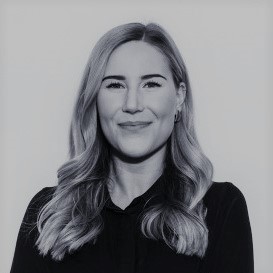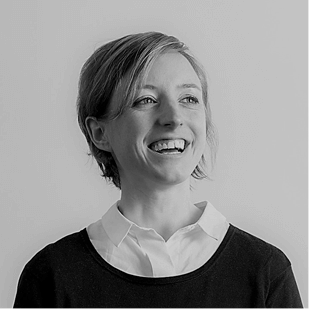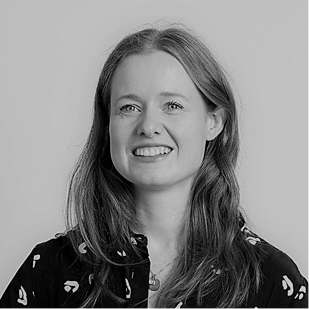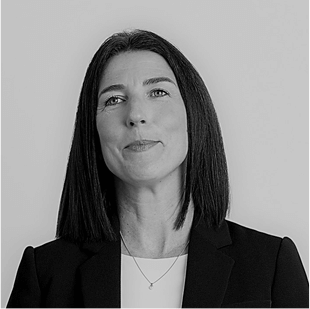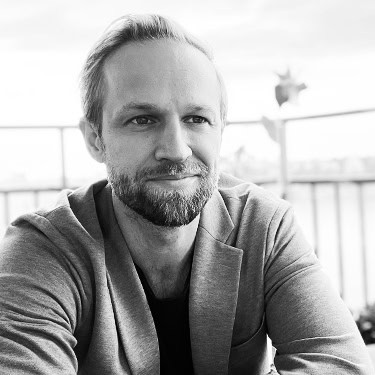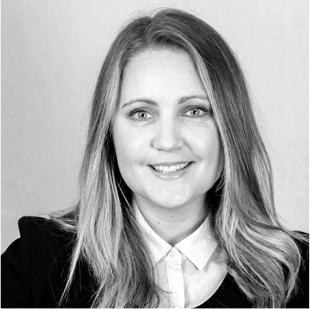
Our work with brilliant organisations over many years has taught us what it takes to succeed in innovation. We’ve learned that what you don’t do is just as important as what you do do. Tom Carvell, Principal in the STRAT7 Advisory team explains...
Our work with brilliant organisations over many years has taught us what it takes to succeed in innovation. We’ve learned that what you don’t do is just as important as what you do do.
Tom Carvell, Principal in the STRAT7 Advisory team explains…
So, instead of “10 easy ways to create great innovation”, we are focusing this week on the pitfalls that can doom innovation.
This article is a how-to guide for anyone aiming to waste resources and create propositions that crash in the market, or even before they get there.
If this is you, then you’re in luck because this is much easier than succeeding. You may even already be doing some of this and off to a great start!
1 / Focus solely on novelty
You’ll find that many people get most excited about the newest and most “sexy” ideas. Don’t challenge this thinking by asking questions like ‘What problem is this solving?’, or ‘Is this truly superior?’, just go with the flow and tell yourself ‘If it’s new, people will buy it!’.
Don’t be tempted by do-gooders who strive for tangible points of difference based on existing platforms – the more you build iteratively on proven approaches, the more chance you have of succeeding! If you’re truly committed to failing, aim for your innovations to be 100% new in every way and don’t let anyone challenge this thinking.
2 / Ignore execution
Now that you have laser-focus on novelty, this step should be easy. Forget all the hurdles your idea will need to pass to get to market and adopt a ‘We’ll cross that bridge when we come to it’ attitude.
Considering constraints like regulations and internal capabilities early has been shown to lead to more realistic and successful innovation so avoid this like the plague! The more surprises that pop up during development, the more opportunities to fail.
Leaving your activation planning until the last minute will also help contribute to failure. Your product development won’t have been intrinsically connected to your communications strategy, so there is a good chance your messaging and claims will be severely restricted.
3 / Work in your preferred silo
The quickest way to ideate and develop concepts is by minimising your team and only including your favourite people from your own department. This helps you fail by ensuring that you get a one-dimensional proposition that won’t stand up to wider scrutiny when it goes through development.
Other departments also love innovating and involving them could risk bringing fresh perspectives. They might bring inventive ways to operate within regulations, or offer insight into emerging technologies which can deliver new benefits. They might even push you into thinking about the two points above, so if you really don’t want to succeed, you must ignore them and crack on with your work in ignorant bliss.
4 / Run with your first ideas
You’ve probably noticed that you get the feeling of ‘drying up’ or ‘slowing down’ towards the end of creative activities like ideation workshops. Research has shown that actually despite creating a lower volume of ideas, your output from the later stages of workshops is often more valuable.
This is great news for bad innovators! You can spend a few minutes listing off the obvious ideas that always come up, along with the ones your boss most likes, then you’re done! Avoid pressure-testing or using inventive techniques to push beyond the obvious – stop when it starts to feel like hard work and enjoy the time you’re saving!
5 / Let your brand adapt to your idea, not the other way round
When you’ve got a proposition you love, your confirmation bias will kick in and you’ll subconsciously try to find every possible way to support it. You’ll find this gives you a remarkable ability to stretch your brand’s purpose to suit your idea. This is the bad innovator’s superpower!
Ignore those who advise you to “step back” and challenge you on whether your product fits with your brand’s equity or consumer base. Simply tell yourself that “if it’s a good idea, they won’t care about the brand.”
If you work in innovation, you might have observed these behaviours so it’s worth pointing out that they are not all the result of deliberately bad innovation. These behaviours and actions are most often the understandable and unintentional result of high pressure, low resource, and tight deadlines. Being able to spot them will help course-correct and prevent wasted resources.
The best innovators we’ve worked with are excellent at spotting these behaviours and designing to avoid them through positive interventions.
If you’re interested in learning more about avoiding bad innovation and creating an operating model which is immune from the behaviours listed here, please get in touch.


